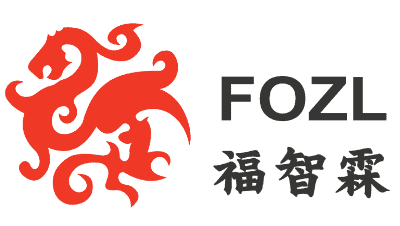Annual Returns Process
2020-03-23XBRL
2020-03-23

The Singapore Companies Act requires a company to hold an annual general meeting (AGM) unless the company elects not to hold an annual general meeting through a shareholder resolution. If the company chooses not to hold the annual general meeting, all matters to be handled at the annual general meeting can be resolved by written resolution.

What is an annual general meeting?
The annual general meeting of shareholders is a general meeting of shareholders held at specified intervals in each calendar year. The meeting gave company shareholders the right to participate in certain decisions that require the company’s approval. One of the main purposes of the annual shareholder meeting is to consider the company’s financial statements, which shareholders must approve based on a simple majority.
Annual general meeting schedule
A newly formed company must end its financial year within 18 months of its establishment. The annual general meeting shall be held within 6 months after the end of the financial year.
Opt-out of Annual General Meeting
If all members pass the resolution exempting the annual general meeting, private companies need not hold the annual general meeting. The company may pass a written resolution on matters raised at the annual general meeting. With the consent of the company and the members, written resolutions may be distributed in printed form or in other clear forms such as email.
Annual general meeting process
At the annual shareholder meeting, the company introduces its financial statements to members and answers any questions about the business.
The annual general meeting is conducted under the guidance of the chairman of the meeting, who is usually the chairman of the board of directors. If your company’s articles of association do not designate a chair to chair the meeting, you can elect any member to perform your duties at the annual general meeting.
The company secretary-or designated secretarial services-must prepare any necessary documents (such as the company’s articles of association) for the annual general meeting.

Please note the following when conducting the annual general meeting.
- Except for routine matters, the meeting should only deal with notified decisions.
General business is defined in your company’s article and may include the following topics:
- Dividend payment
- Appointment of directors / auditors
- Compensation of senior management and directors
- Review of accounts and balance sheet
Other topics may be considered special business. The notice of the annual general meeting shall mention any resolutions other than ordinary business at the meeting. [Note] If you vote on topics not mentioned in the notice, the resolution may be invalid. This is because voting members may be absent during the meeting and know nothing about it. Please note that members also have the right to propose resolutions for meetings. However, they must bear the cost of issuing such a resolution.
- Make sure you reach a quorum
A quorum is the minimum number of members who must attend the annual general meeting to be considered valid.
If a quorum is not explicitly stated in your company’s articles of association, the minimum number is two members (or their agents).

- Ensure that the proxy is specified correctly.
Agents can attend general meetings and vote on behalf of members. The agent does not have to be a member of your company.
The procedure for appointing an agent should be in your company’s charter; the procedure may apply to all meetings or only to the current meeting.
Make sure that members using the proxy have followed these steps.
- Make sure the company’s financial statements are presented correctly.
The director is responsible for submitting the following documents:
- Financial Statements
- Balance sheet
- Director’s Report
- Audit report (if applicable)
These materials should also be sent with the notice of the annual general meeting at least 14 days before the meeting. This will enable members to prepare questions for directors.

- Ensure proper voting of resolutions.
Your company’s articles of association cover members’ voting rights and voting procedures.
Generally, all members have voting rights unless there are special circumstances (for example, voting rights of members who have not paid for issued shares after company notification may be stripped).
Voting is raising hands or voting. Note, however, that raising your hands is generally not allowed to vote unless the company’s Constitution allows it.
- Closing the Annual Shareholders’ Meeting
The minutes of the annual shareholders’ meeting must be in writing and signed by the chairman of the company. The company must then submit an annual return on BizFile +.

, Singapore Accounting and Corporate Regulatory Authority licensed corporate advisory firm
registered Singapore company examined taxation
trademark registered corporate advisory services Offices
6 Raffles Quay, # 14-02, # 14-06, Singapore S04858

